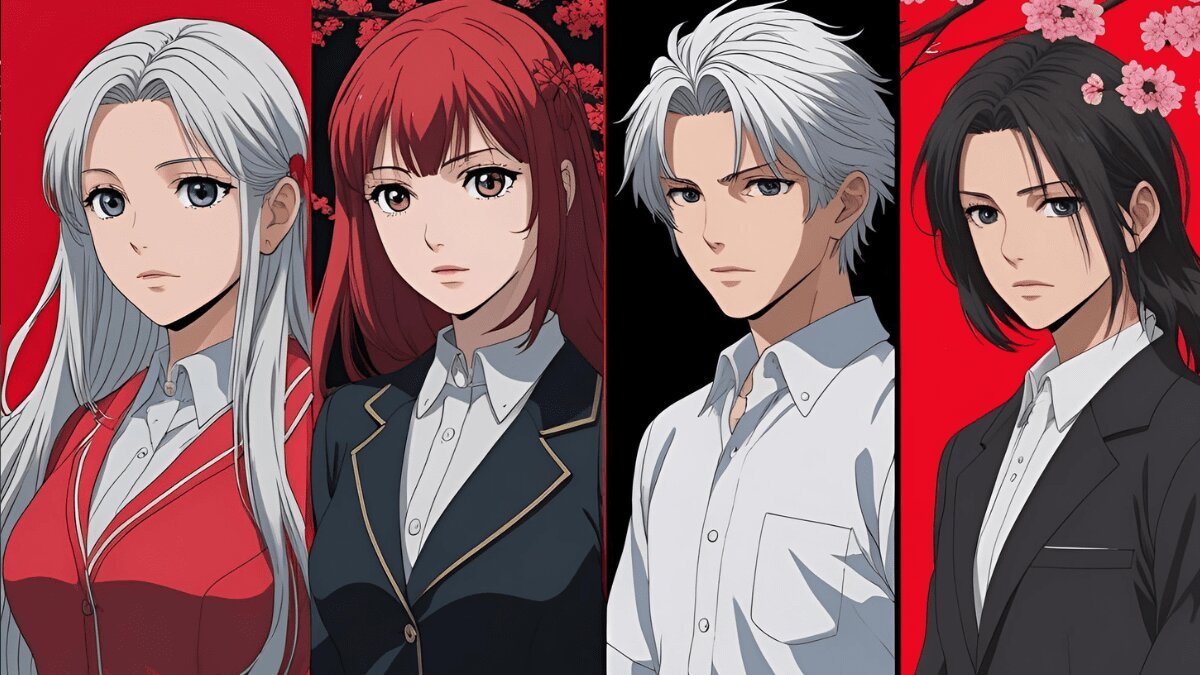Anime has been a transformative medium for decades, blending complex emotions, rich narratives, and unforgettable characters. But as global audiences become more critical and culturally aware, the spotlight has turned inward: what happens when a show you love turns out to be deeply problematic?
Maybe it’s the blatant sexualization of minors in No Game No Life. The questionable themes in Redo of Healer. The subtle glorification of fascism in Attack on Titan. Or perhaps, the retro sexism of older shows like Dragon Ball Z. Whether subtle or glaring, these issues leave fans feeling conflicted—torn between appreciation and accountability.
The central question is this: can we still love a problematic anime without endorsing its flaws? Or should we walk away altogether?
What Makes an Anime Problematic?
“Problematic” doesn’t always mean evil or malicious. It can mean:
-
Outdated gender norms
-
Sexualization of minors (High School DxD, Boku no Pico)
-
Glorification of violence or fascism (Attack on Titan, Elfen Lied)
-
Depictions of toxic relationships as romantic (Rent-A-Girlfriend, Mirai Nikki)
-
Poor handling of mental illness (Future Diary, Paranoia Agent)
-
Cultural insensitivity or erasure
These themes aren’t always the core message of a show—they may be side effects of storytelling, cultural context, or even studio influence. But acknowledging them matters, especially in today’s hyper-aware media climate.
The Emotional Conflict of Loving “That” Show
1. Nostalgia vs Awareness
You may have watched Naruto as a teen and loved it unconditionally. But now you recognize that Sakura’s character was underwritten or that the series leans too hard into male savior tropes. This doesn’t erase your past enjoyment—but it does change your present view.
It’s okay to feel both love and discomfort. Growth doesn’t require erasing your past, only confronting it with more insight.
2. “Does This Make Me a Bad Person?”
No. Consuming problematic media does not make you complicit, unless you actively promote or excuse its harmful aspects. The key is recognition, not denial. Critical engagement—like discussing its flaws, sharing warnings, or contextualizing its themes—shows maturity as a fan.
Loving Death Note doesn’t mean you endorse Light Yagami’s worldview. Admiring Evangelion doesn’t mean you support its creator’s complicated portrayal of women. You’re not bad for enjoying the art—just be mindful of what it reflects.
The Role of Cultural Context
Many problematic elements arise from Japan’s own socio-cultural landscape, which may differ drastically from Western sensibilities:
-
Depictions of high schoolers in sexual contexts are more common in anime, but still controversial.
-
Gender roles and stereotypes reflect Japan’s real-life workplace and societal structure.
-
Violence or trauma may be used artistically rather than politically.
Understanding cultural context helps avoid blanket moral judgments, while still holding content accountable within a global framework.
When Should You Step Back?
There’s no universal rule, but here are a few signs it might be time to stop watching:
-
When the content becomes emotionally distressing or triggering for you
-
When the show’s flaws outweigh its message or artistic merit
-
When your continued support actively enables harm (e.g., funding unrepentantly abusive creators)
Example: Redo of Healer was designed to provoke, exploit, and shock. For many viewers, it crosses a line not just of taste—but of ethical storytelling. Choosing to skip it isn’t censorship. It’s self-awareness.
Engaging Responsibly with Problematic Media
If you choose to keep watching a controversial anime, here’s how to do it mindfully:
1. Acknowledge the Issues
Don’t ignore or excuse the problematic parts. Talk about them. Bring them up in fan discussions. Let others know what to expect.
2. Separate Art from Artist—Cautiously
While it’s possible to enjoy a show separate from its creator (e.g., Evangelion), be cautious if the artist profits from or promotes harmful ideologies.
3. Don’t Dismiss Criticism
If someone brings up a concern—listen. They’re not trying to ruin your fun. They’re adding perspective that might deepen your understanding.
4. Support Better Content
Watch and promote anime that features:
-
Strong, nuanced women (Fruits Basket, Jujutsu Kaisen)
-
Ethical storytelling (Mob Psycho 100, March Comes in Like a Lion)
-
Queer, non-tokenized characters (Yuri!!! on Ice, Given)
What This Says About Fandom Today
We’re no longer passive consumers. Anime fandom in 2025 is loud, active, and increasingly ethical. From calling out toxic tropes to demanding better representation, fans are redefining what “good anime” means.
But that doesn’t mean abandoning everything problematic. It means learning to love responsibly, with open eyes and open dialogue.
Conclusion: You Can Love It—But Love It Critically
Can you still love a problematic anime? Yes—but only if you’re willing to love it critically.
You can cherish the animation, relate to the story, quote your favorite lines… all while acknowledging what’s broken underneath. In fact, your love means more when it’s honest—when it’s willing to grow and confront.
Fandom isn’t about blind loyalty. It’s about engaging, evolving, and helping anime become not just entertaining, but more conscious, inclusive, and powerful.


